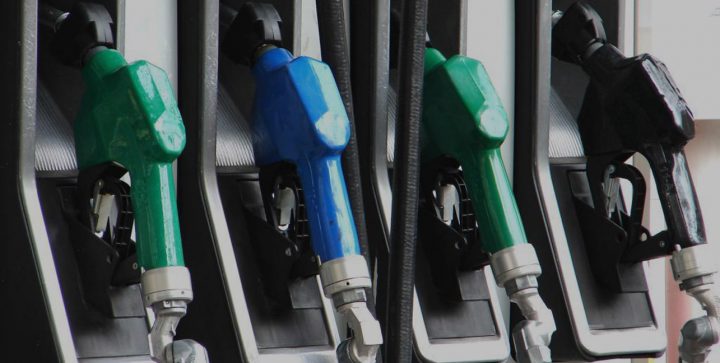Current owners of petrol or diesel cars plan on sticking with the internal combustion engine for the next nine years on average, they told researchers.
When almost 1,300 British motorists who currently drive a petrol or diesel car were questioned by SUSTAIN, six in 10, (59%) planned to keep an internal combustion engine car going as long as possible. On average, people estimated they’d continue to use the technology for around nine years.
Whilst a quarter (27%) of the respondents felt they were likely to switch away from petrol or diesel in the next five years, one in 20 (5%) planned on keeping an ICE car for at least two decades. However, 50% of petrol and diesel car drivers said they would like a way to make their current car more environmentally friendly.
“Working from that data, if we take it that 27% of the current fleet of ICE cars leave our roads in the next five years, that will still leave 23.7 million driving around in 2030*,” said David Richardson, director at sustainable fuel specialist SUSTAIN.
“So, even if the ZEV Mandate goes to plan, and 80% of new cars sold at that point are electric, there will still be 23 million cars on the UK’s roads running on fossil fuels. That is why it is vital that policymakers do something to tackle the existing fleet – not just focus solely on new cars. Solutions such as sustainable fuel need to be given more support.”
The research also questioned people about their knowledge of sustainable fuels. Almost half (47%) said they were surprised they hadn’t heard more about sustainable fuels. A further 56% per cent of ICE car drivers, and 62% of EV or hybrid car drivers, said they would like to know more about them.
SUSTAIN’s David Richardson added, “There’s been a situation created where anything which isn’t EV is positioned as being anti-EV. But, actually, I think most people realise that we’re going to need to use a number of different technologies to help us deliver our climate objectives.
“People can still transition to EVs as they are able, and as infrastructure allows, but in the meantime, it makes no sense to ignore the millions of tonnes of emissions that the existing cars on our roads will create over the coming years.
“We know the appetite is there to learn more about sustainable fuel. The technology can help tackle our existing fleet of ICE vehicles without any changes in infrastructure or alterations to cars. It’s also a solution which could be gradually introduced as volumes allow. With the right government support, it’s absolutely doable.”
SUSTAIN uses advanced second-generation biofuel components manufactured from agricultural waste, such as straw, by-products or waste from crops which wouldn’t be used for consumption.
Such biofuels utilise the carbon that already exists in our atmosphere, recycled by the plants as they grow, rather than releasing additional CO2 that is currently locked underground in fossil fuel.
